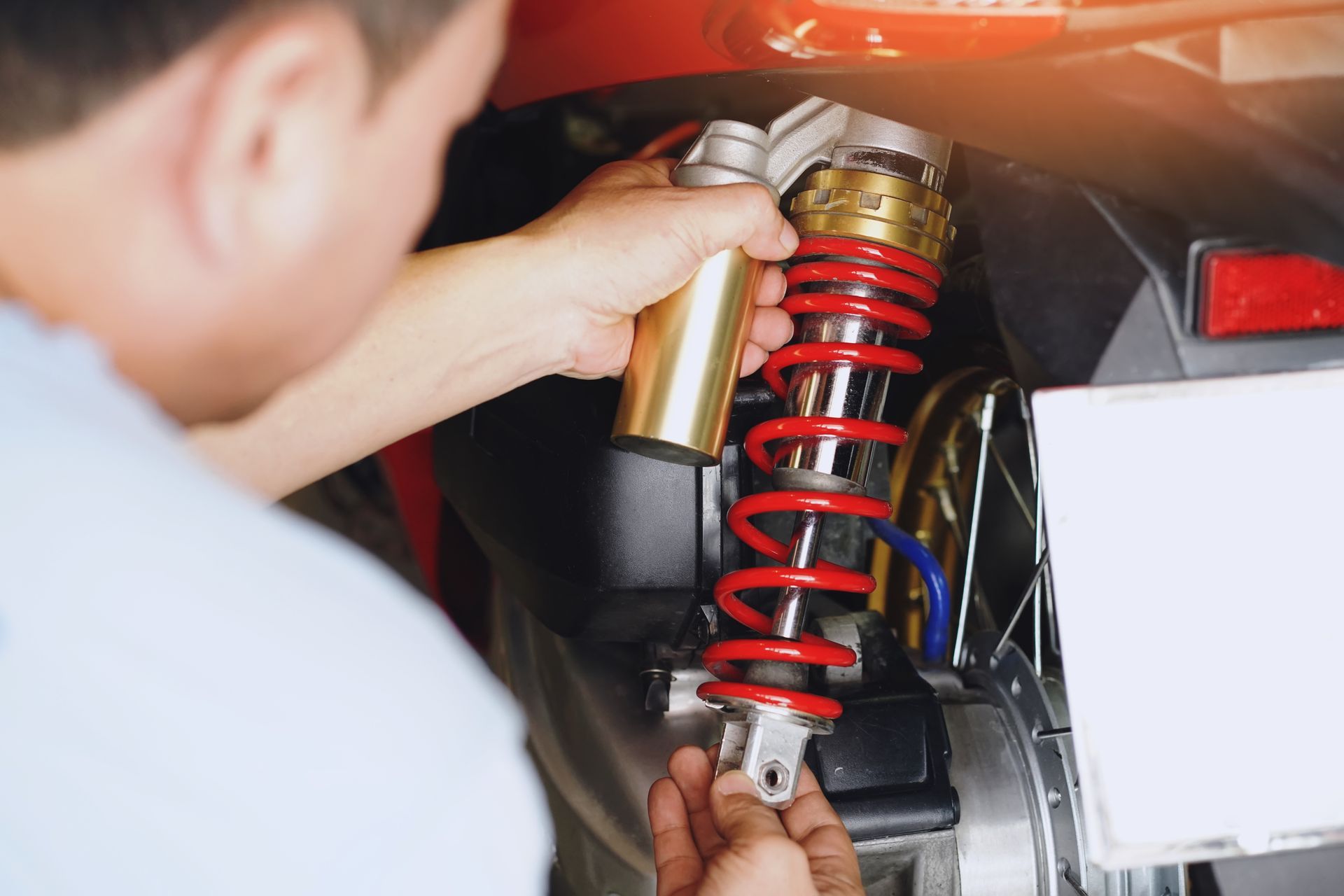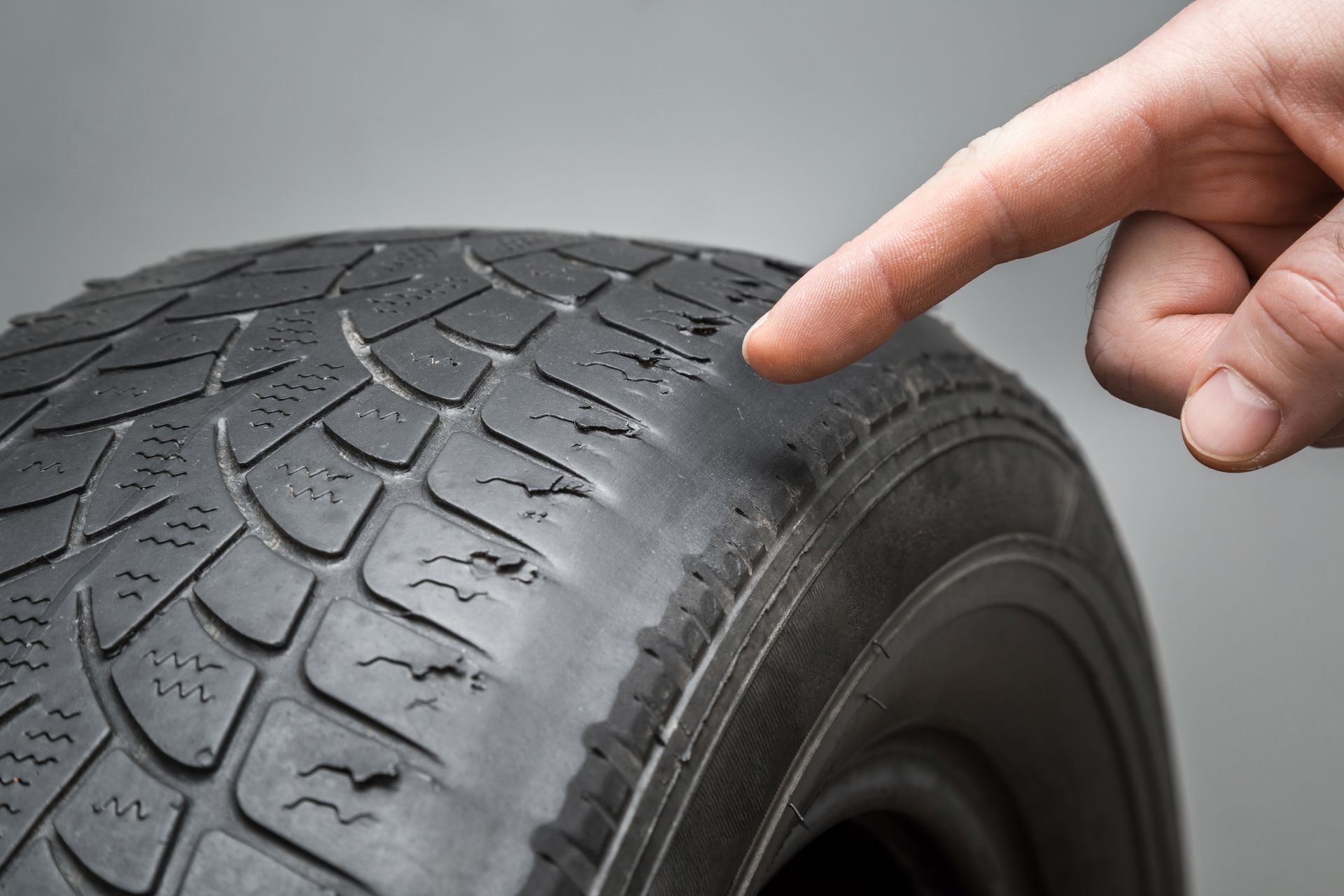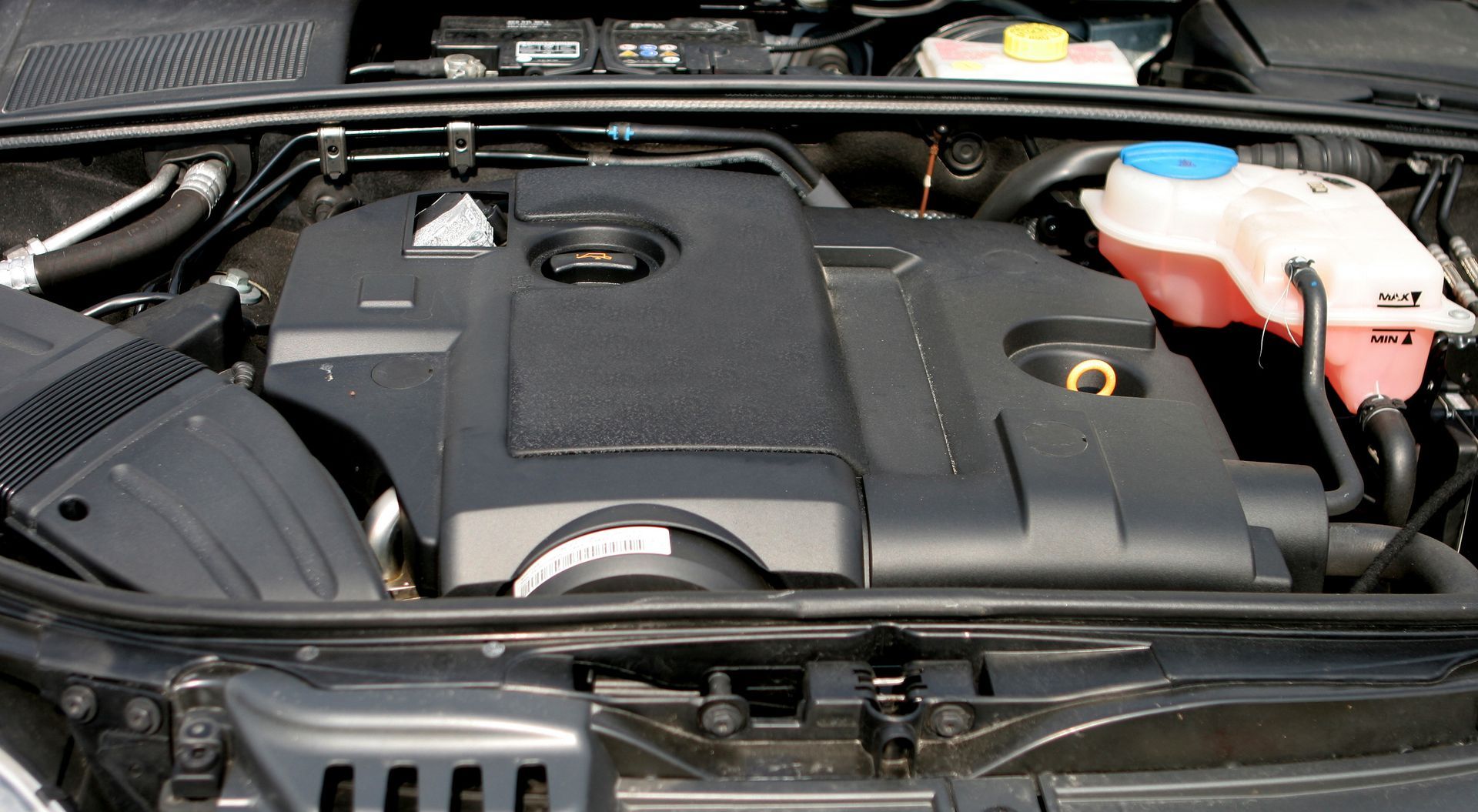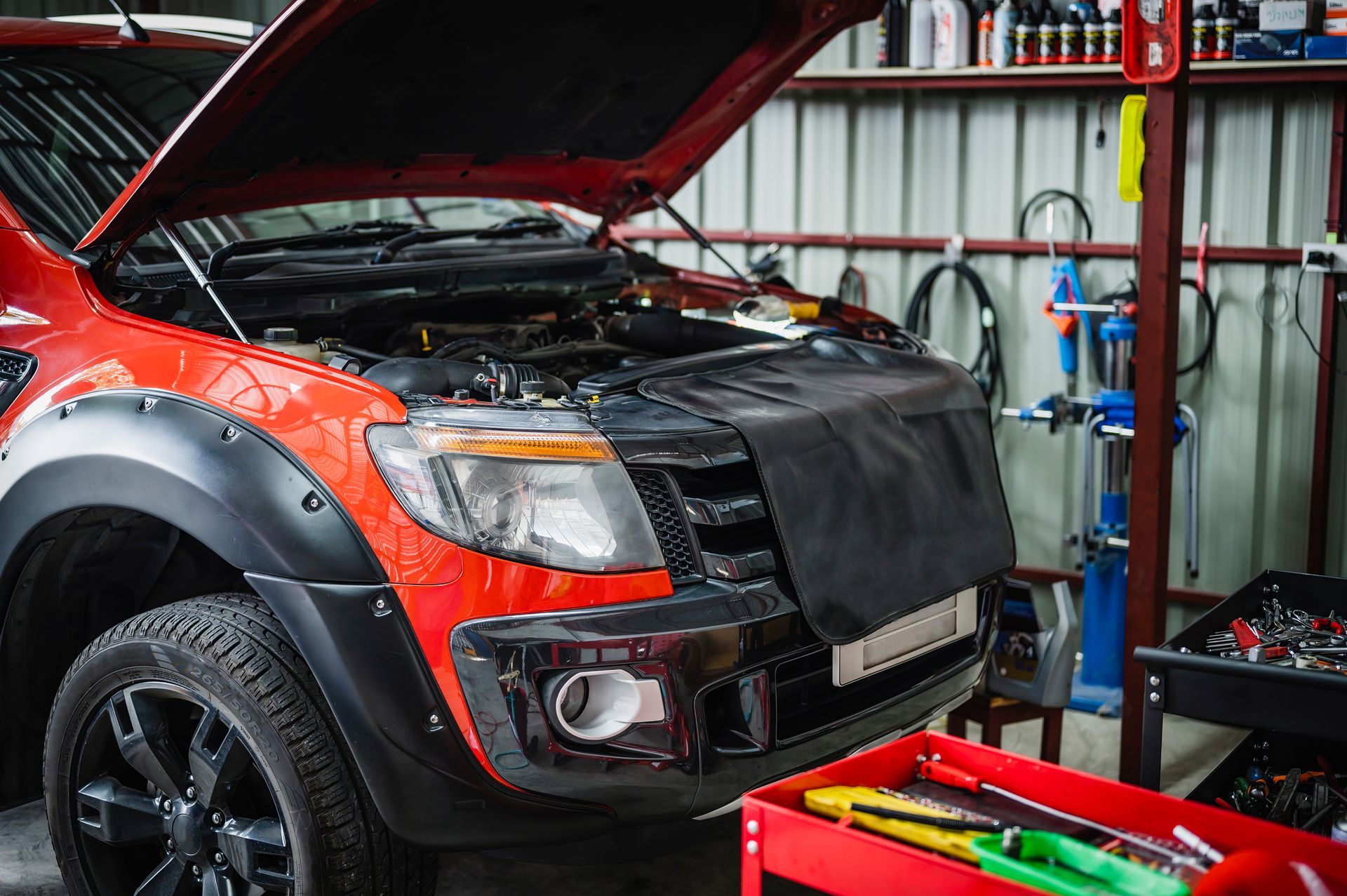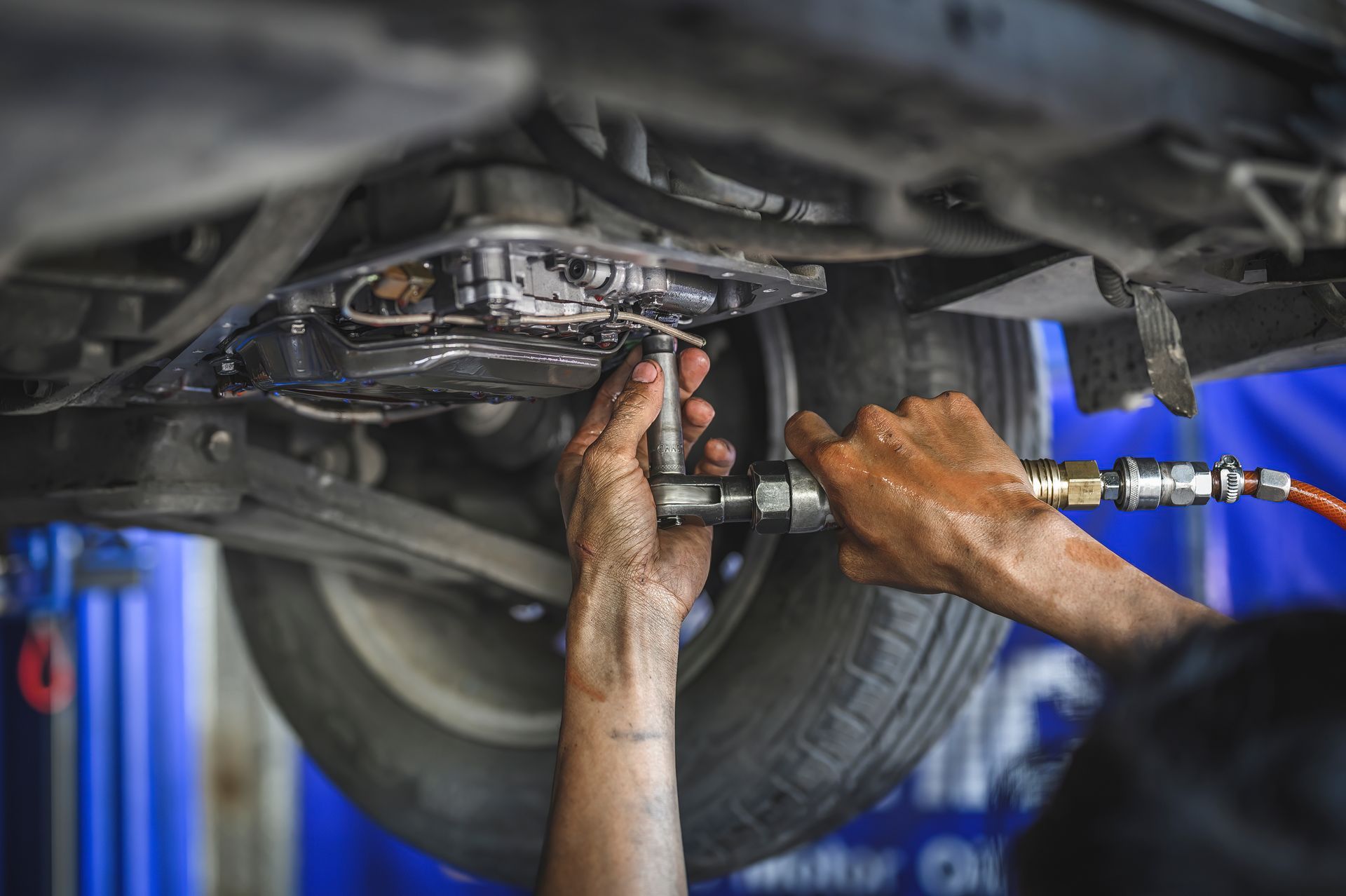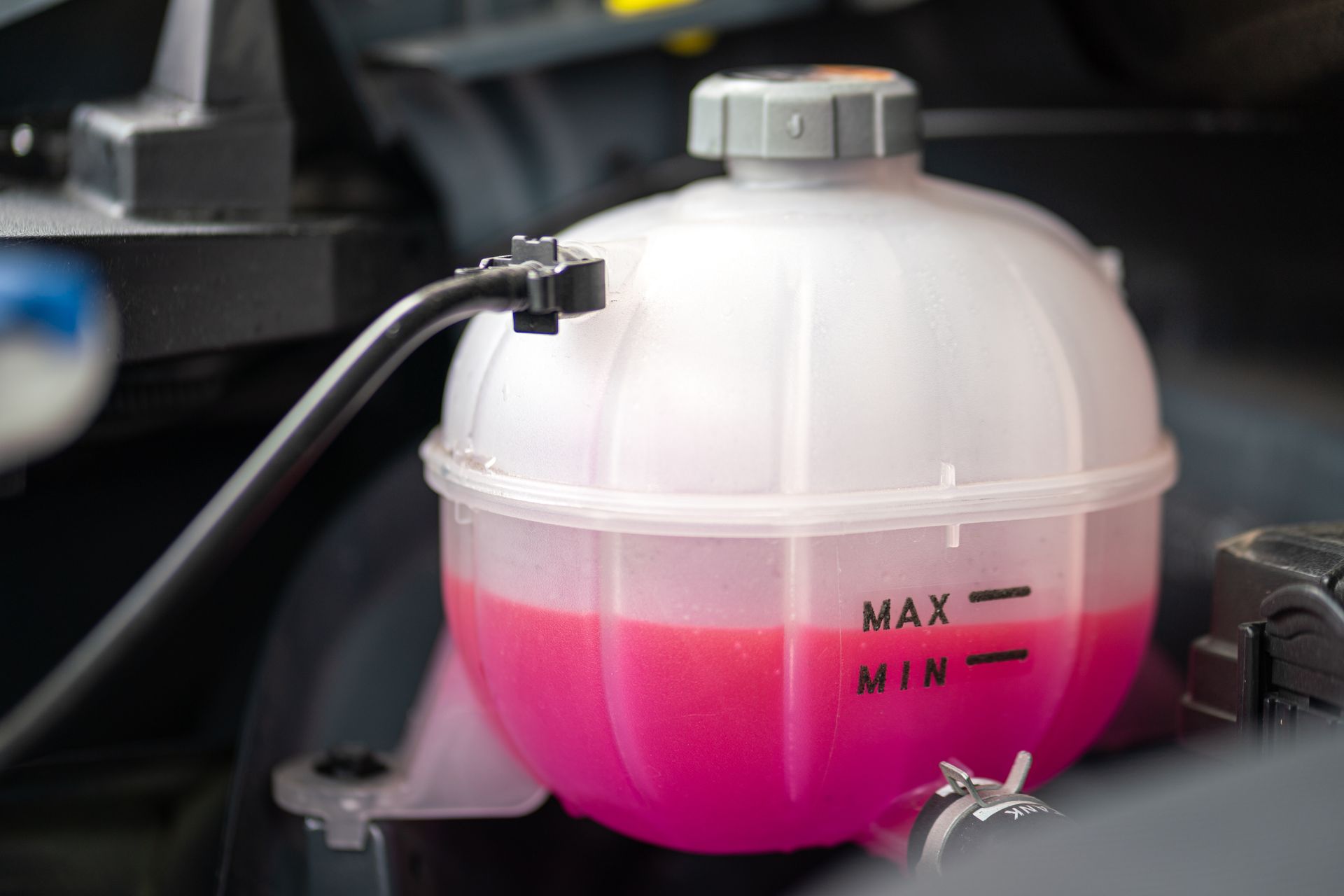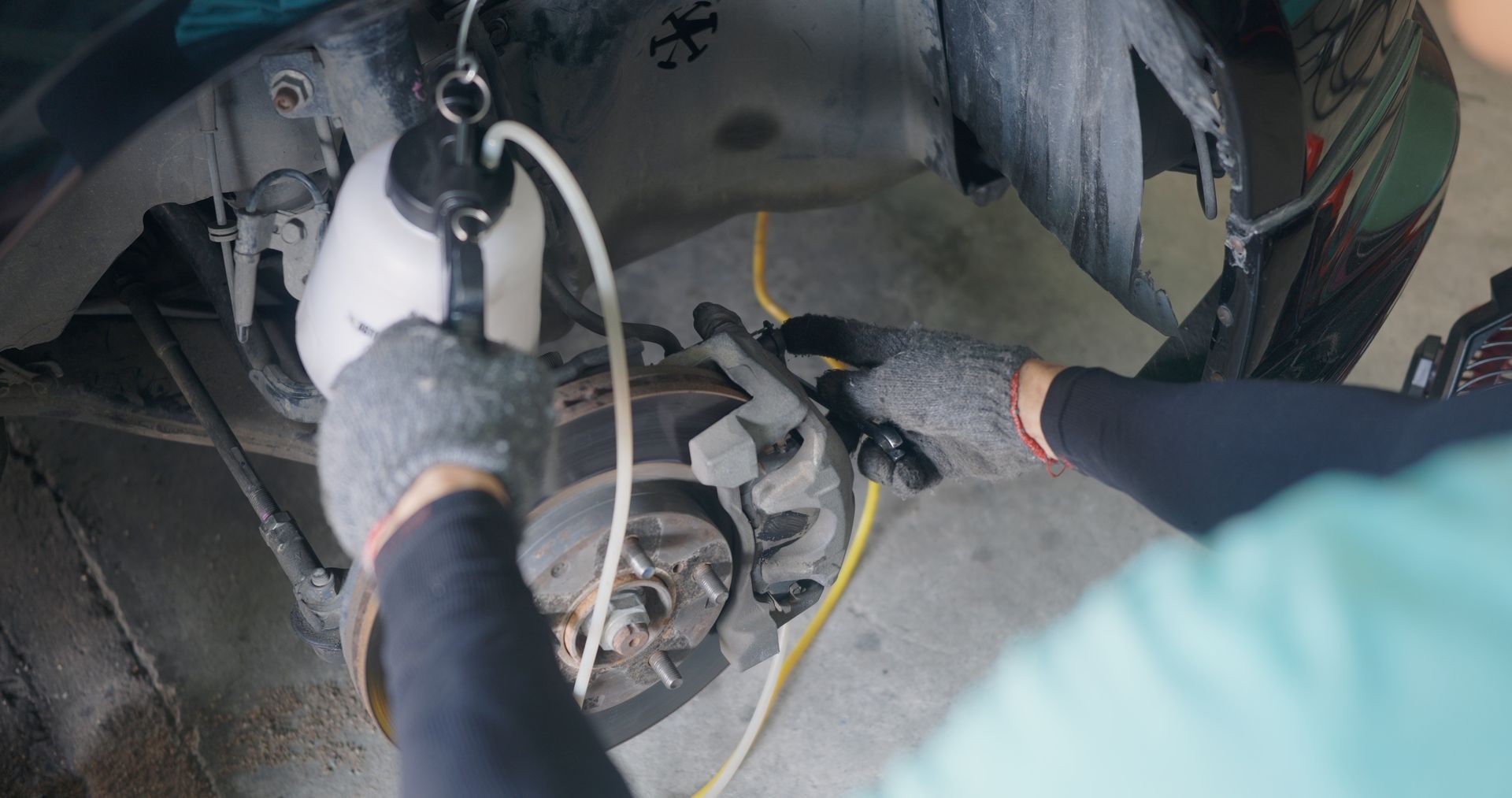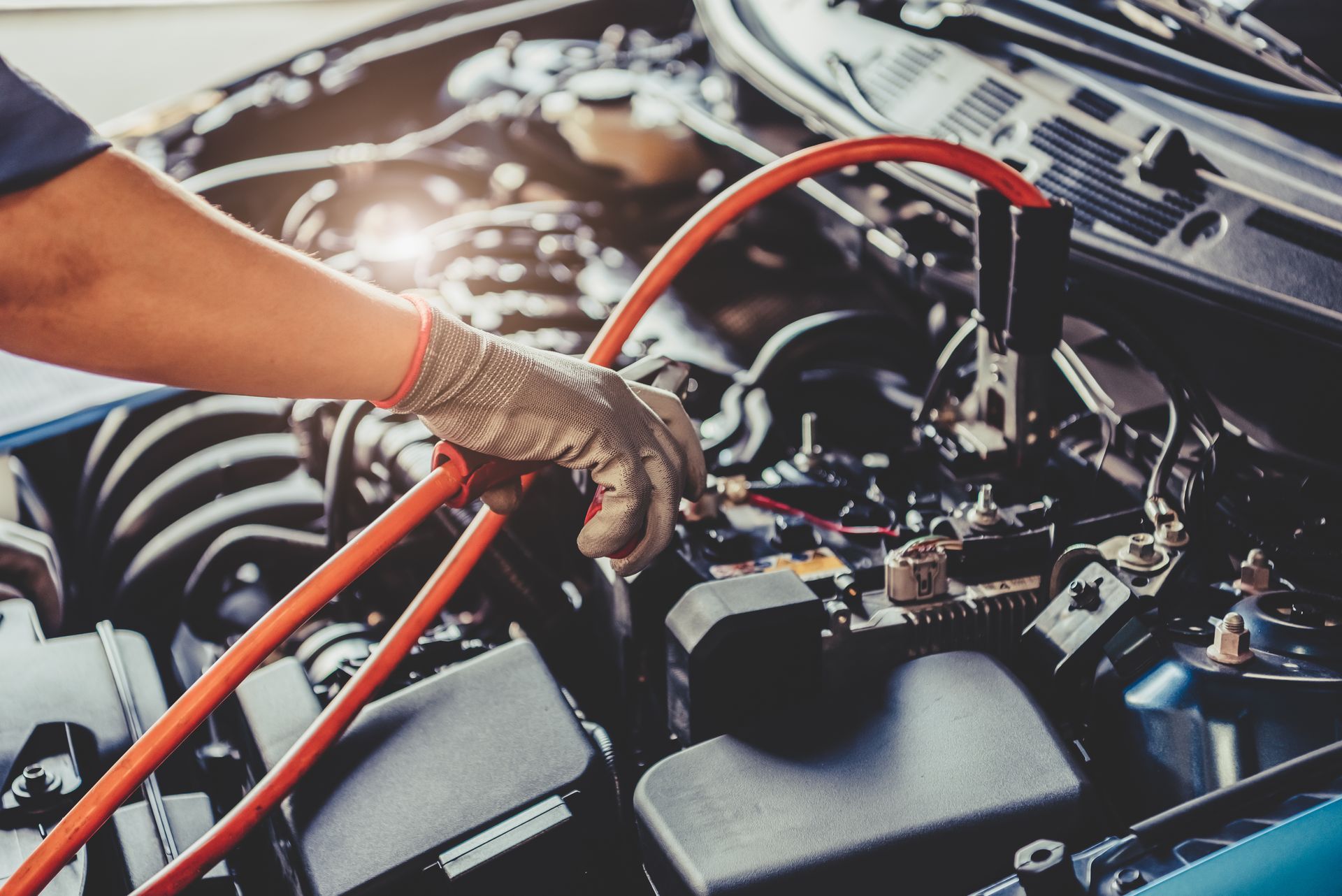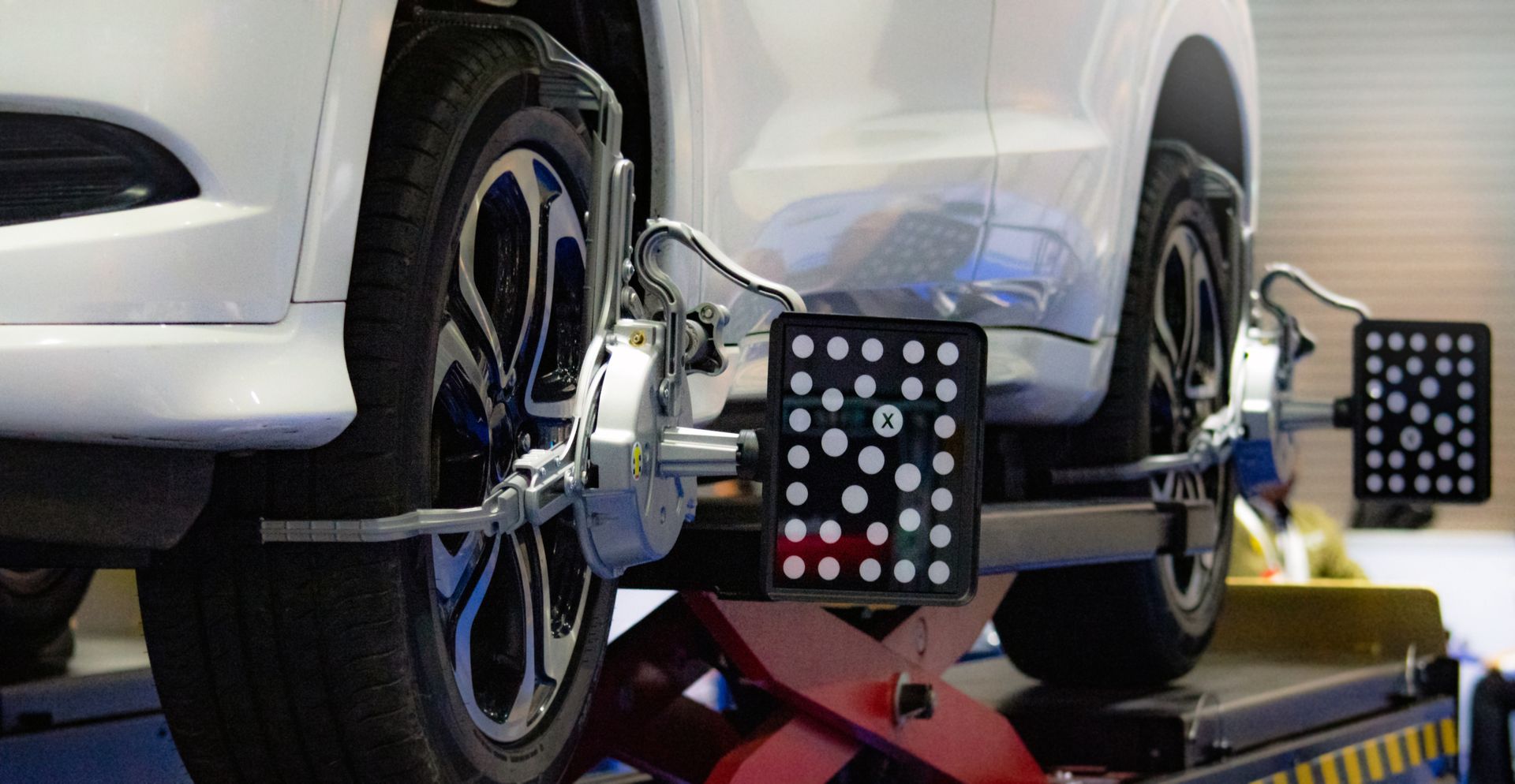Loading ...
Missing business hours data / Error occurred while getting the data.
Loading ...
Missing business hours data / Error occurred while getting the data.
Why Is My Car's Engine Making Strange Noises? Common Causes and Solutions
May 27, 2024
Do you hear strange noises coming from your car's engine? These sounds can be alarming and leave you wondering what's happening under the hood. We'll explore the common causes behind these mysterious engine noises and discuss solutions to address them.
Ticking or Clicking Noise
One of the most common engine noises is a ticking or clicking sound, often resembling a metallic tap. This could indicate issues with the valvetrain, such as worn valve lifters or low oil pressure. Regular oil changes and using the recommended oil viscosity can help prevent these problems. However, if the noise persists, it is best to have a professional mechanic inspect and potentially replace any faulty components.
Knocking or Pinging Sound
A knocking or pinging sound, especially when accelerating, could indicate detonation within the engine cylinders. This can result from various factors, including low-quality fuel, incorrect ignition timing, or carbon buildup in the combustion chambers. Switching to higher-octane fuel and ensuring proper ignition timing through regular tune-ups can help alleviate this issue. Using fuel additives designed to clean carbon deposits may also be beneficial.
Rumbling or Roaring Noise
If your engine emits a rumbling or roaring noise, particularly during acceleration, it could indicate problems with the exhaust system. Common culprits include exhaust leaks, damaged mufflers, or a failing catalytic converter. Addressing these issues promptly is recommended to maintain engine performance and ensure compliance with emissions regulations. A thorough inspection can identify and resolve any exhaust system issues.
Grinding or Screeching Sound
Grinding or screeching noises emanating from the engine compartment may signal problems with the belts or pulleys. Worn-out or misaligned belts can slip or rub against components, causing friction and generating unpleasant sounds. Regular inspection and replacement of belts and pulleys as part of routine maintenance can prevent these issues. Ensuring proper tension and alignment of belts can help minimize wear and tear on these components.
Whining or Whistling Noise
A whining or whistling noise, particularly when the engine is idling, may indicate issues with the accessory drive belt or pulleys. These components drive essential accessories such as the alternator, power steering pump, and air conditioning compressor. A loose or worn belt or faulty pulley bearings can cause these noises. Prompt replacement of damaged components can prevent further damage and ensure the proper functioning of vital engine accessories.
Common Customer Questions
What should I do if my car's engine is making a knocking sound?
Check your fuel quality and ignition timing, and consider using higher-octane fuel to prevent detonation. If the noise persists, consult a mechanic for further diagnosis.
How can I differentiate between normal engine sounds and potential problems?
Pay attention to the frequency, intensity, and duration of the noises. Address any unusual or persistent sounds.
Are strange engine noises always a cause for concern?
While some noises may be mild, it's important not to ignore them, as they could indicate underlying issues that may worsen over time. If you notice any unusual sounds, it's best to err on the side of caution and have your vehicle inspected.
Ready to silence those mysterious engine noises? Schedule a maintenance appointment at
Crowell Brothers Automotive Inc. today and let our expert technicians diagnose and fix any issues.
Loading ...
Missing business hours data / Error occurred while getting the data.
Having Troube Finding Us?
Loading ...
Missing nap lines data / Error occured while getting the data.

